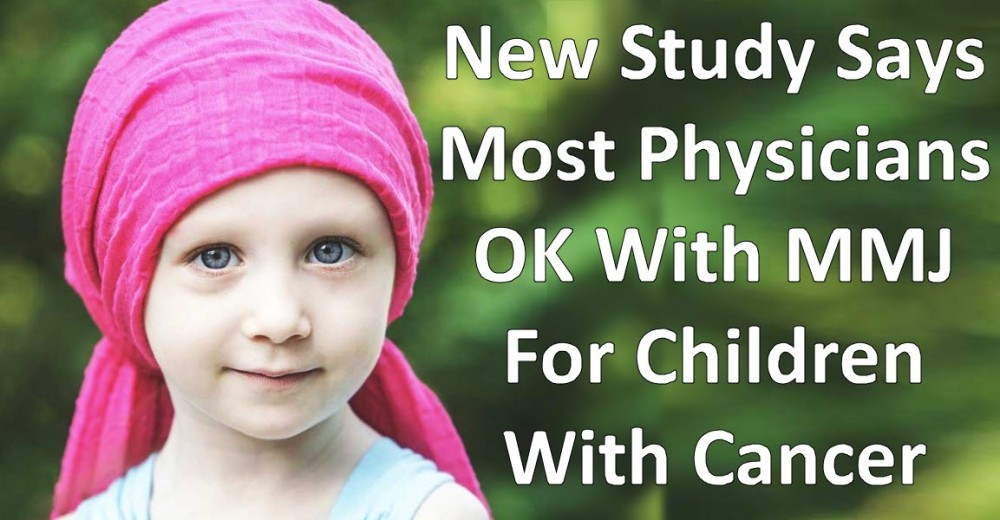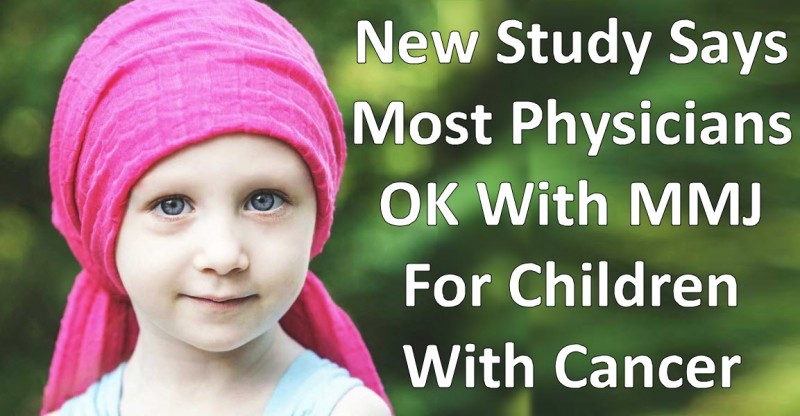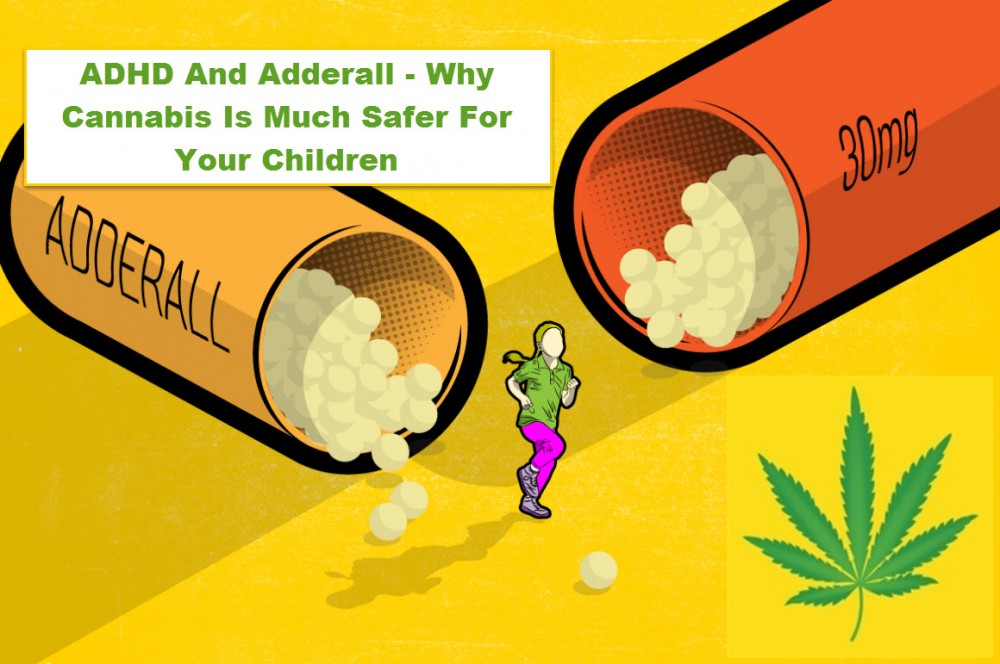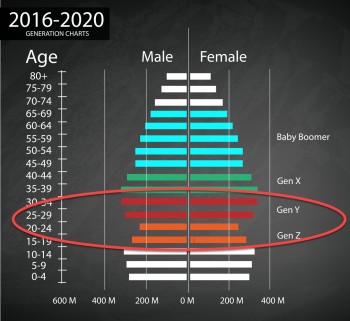New Study Says Most Physicians OK With MMJ For Children With Cancer

…. Despite this, there is still a significant number of physicians who are reluctant to prescribe cannabis for children with cancer
A new study published in the medical journal Pediatrics revealed that most pediatric oncology professionals are agreeable about giving MMJ to children with cancer.
The study specifically divulged that 92% of the 654 surveyed health care providers based in three states would consider giving children with cancer access to medical cannabis. These nurses, physicians, and other providers from Washington, Massachusetts, and Illinois were given a 32-question survey in order to analyze their feedback on cannabis for children with cancer. Around 300 participants responded favorably, saying that they are willing to help pediatric patients access medical cannabis.
“You have this sense as a provider, we use the term anecdotally, that there are more and more people asking about it,” says pediatric palliative care specialist Dr. Joanna Wolfe, who is also one of the researchers behind the study. Around 1/3 of the respondents reported to receiving at least one request to access medical cannabis for pediatric use. “It comes up a lot for families of seriously ill children,” Dr. Wolfe says, “but you can’t advocate for more research without documenting what the current status is.”
Dr. Wolfe discovered that the current status is plagued by inadequate knowledge among the medical community. Around half of the respondents admitted that their biggest challenge in prescribing medical cannabis is the lack of regulations and standards in formulating and dosing. Surprisingly, legal implications due to the federal status of cannabis weren’t a major concern. Additionally, just 5% of respondents were aware about their state regulations.
“There’s little known really, scientifically, about how to most effectively use it,” says Dr. Wolfe. She herself has given her own pediatric patients the green light to use medical cannabis. “It can be valuable but we really would need more research to be able to use it effectively.”
Healthcare Providers In Medical States Less Likely To Prescribe MMJ
Surprisingly, the study also found that providers who have the ability to give families MMJ as an option were 25% less likely to do so compared to medical professionals who don’t have the ability to prescribe it. This is because these same providers feel that medical cannabis should be the last resort for children who are already reaching the end of their lives.
“It’s very uncommon to provide certification for marijuana for children with cancer, and the reason is that there’s a high expectation for many different childhood cancer diagnoses that these children will go on to be cured and will go on to have a normal life expectancy,” explains Dr. Wolfe.
In a strange dichotomy, study co-author Dr. Kelly Michelson M.D. explains: “It is not surprising that providers who are eligible to certify for medical marijuana were more cautious about recommending it, given that their licensure could be jeopardized due to federal prohibition.” Dr. Michelson, who also works as a critical care physician in the Ann & Robert H. Lurie Children’s Hospital of Chicago clarifies her colleagues’ feedbacks saying: “Institutional policies also may have influenced their attitudes. Lurie Children’s, for example, prohibits pediatric providers from facilitating medical marijuana access in accordance with the federal law, even though it is legal in Illinois.”
“In addition to unclear dosage guidelines, the lack of high quality scientific data that medical marijuana benefits outweigh possible harm is a huge concern for providers accustomed to evidence-based practice,” Michelson adds. “We need rigorously designed clinical trianls on the use of medical marijuana in children with cancer.”
The study concludes that even though there is an “absence of standards,” a majority of pediatric oncologists are still willing “to consider medical marijuana use in children with cancer.”
Acknowledging the need for more quality research into pediatric use of cannabis seems to be a common sentiment among medical professionals. Recently, the Children’s Hospital of Philadelphia just inked a deal with Zelda Therapeutics, an Australian firm, to engage in a study analyzing pediatric patients with autism to determine the viability of cannabis as treatment. Although there are already dozens of cases proving that cannabis can be safely used as medicine for pediatric cases of cancer, autism, and more; doctors still don’t feel confident about prescribing the plant without solid back up evidence – and regulations.
OTHER STORIES YOU MAY ENJOY...
GETTING KIDS OF ADDERALL AND ONTO CANNABIS, CLICK HERE.







